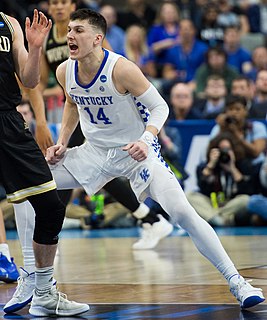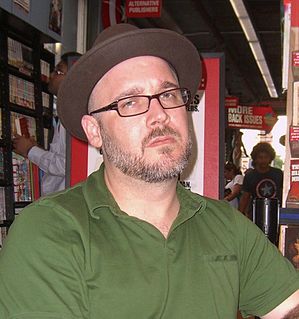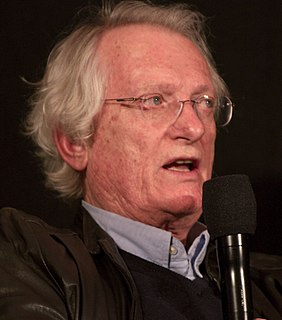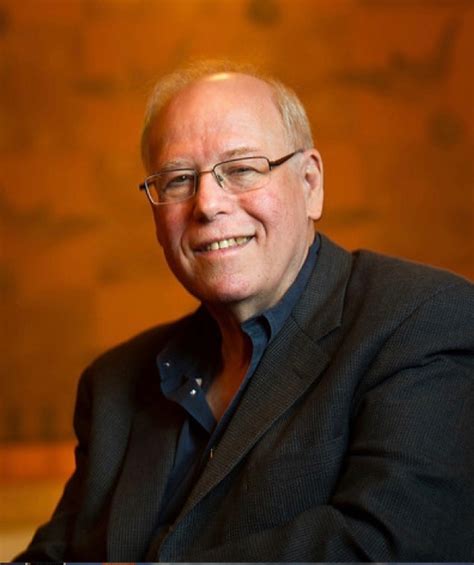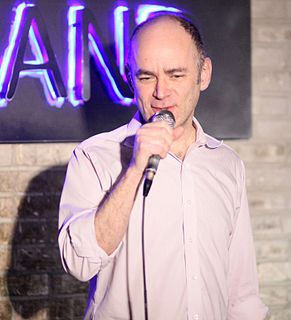A Quote by Emma Donoghue
I wrote the novel [Room], and then I thought, "This could work on film, and I want to be the one to do it." So I went ahead and drafted it.
Related Quotes
I remember when I was in graduate school and someone in workshop would say, 'I'm going to bring in a chapter of my novel.' The thought that someone could think they'd write a whole long thing... I could only see twelve pages ahead. But then I realized that if you could see twelve more after that, you can start.
I finished my first novel - it was around 300 pages long - when I was 16. Wrote one more before I got out of high school, then wrote the first Lincoln Perry novel when I was 19. It didn't sell, but I liked the character and I knew the world so I tried what was, in my mind, a sequel. Wrote that when I was 20, and that one made it.
I read a blog about this young filmmaker in the Philippines who made a short film, and one of the characters in the film reads my novel and then starts discussing the novel with someone. The idea that my book can inspire another artist and be part of that other artist's work... that's the reason I write.
First, there has been a lot of interest in The Drive-in, but, alas, it hasn't actually come to fruition. Maybe soon. Don really got Bubba and I didn't think it could be a film. I thought it was too odd to make it to film. He asked me to do the screenplay, but I declined. I didn't see that it could be a screenplay but he wrote one and proved me wrong. He was always considerate about what I thought about the film and the story's presentation, but in the end, he's the director and he had to make decisions. All good ones.
I thought of the scene while writing scenes with Rebecca [Hall] and wrote it like an opening montage of showing where someone works. If you see a film about a car mechanic, you'd show the place they work and what they do. So, that's what I set out to do with Rebecca's character. I thought it probably wouldn't even make it into film but I ended up liking it.
You could say I'd rewritten the same novel three times and I thought I had to move on. The success of the book, and then the movie, had by then also created a commercial expectation and I remember touring America and seeing people in the audiences who I thought might not want to read the books I wanted to write next. My constituency had become broader, but more mysterious to me.
When I wrote my first film and then directed it and I looked at it for the first time on what's called an assembly, you look at this movie which is every scene you wrote, every line of dialogue you wrote and you want to kill yourself the minute you see it. It's like, 'How did I write something so horrible?'
I want a room that I can definitely pack out. I don't want to sweat that part, "Am I gonna have enough people?" So I usually pick like a hundred, a relatively small room. Also, I'm looser in a small room. I don't want to record an album in front of a thousand people, not that I could draw a thousand, but I just want a room that I can really work back to front. That's just a very comfortable place for me to be loose.


